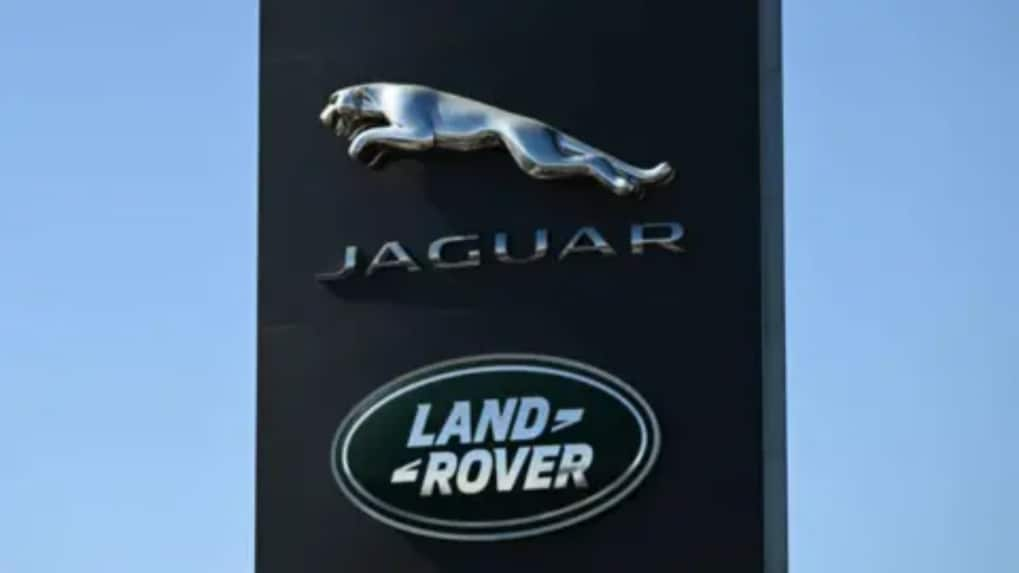How it Works
WPP, Havas, Omnicom: Are advertising’s biggest holdcos recasting agencies as AI Operating Systems?

The cyberattack on Jaguar Land Rover (JLR), owned by India’s Tata Motors, has inflicted an estimated £1.9 billion ($2.55 billion) loss on the UK economy and affected more than 5,000 organisations, according to a new report from an independent cybersecurity body.
The findings, released on Wednesday by the Cyber Monitoring Centre (CMC) — a non-profit organisation comprising industry experts, including a former head of Britain’s National Cyber Security Centre — describe the incident as the most economically damaging cyber event in the country’s history, as per a Reuters report.
“This incident appears to be the most economically damaging cyber event to hit the UK, with the vast majority of the financial impact being due to the loss of manufacturing output at JLR and its suppliers,” the report said.
The August cyberattack forced JLR to halt production for nearly six weeks, disrupting operations across its three British plants, which collectively manufacture about 1,000 vehicles per day. Production only began to resume earlier this month. Analysts estimated that the company was losing approximately £50 million each week during the shutdown.
To cushion the blow, the British government granted JLR a £1.5 billion loan guarantee in late September to help stabilise its supply chain and support affected partners.
The CMC, which is funded by the insurance sector and assesses the financial fallout of major cyber incidents in the UK, classified the JLR attack as a Category 3 systemic event on its five-point severity scale. The body warned that total losses could rise if JLR’s production does not return to pre-attack levels as planned.
The report noted that over 5,000 organisations linked to JLR’s manufacturing ecosystem — including suppliers and dealerships — were hit by operational delays.
A spokesperson for JLR declined to comment on the findings. The company is expected to publish its financial results in November.
The hack is one of several high-profile cyber incidents to strike major British companies this year. In April, retailer Marks & Spencer suffered losses of around £300 million ($400 million) following a breach that crippled its online operations for two months.
From purpose-driven work and narrative-rich brand films to AI-enabled ideas and creator-led collaborations, the awards reflect the full spectrum of modern creativity.
Read MoreThe Storyboard18 Awards for Creativity have unveiled a Grand Jury comprising some of India’s most influential leaders across advertising, business, policy and culture, positioning it among the country’s most prestigious creative award platforms.